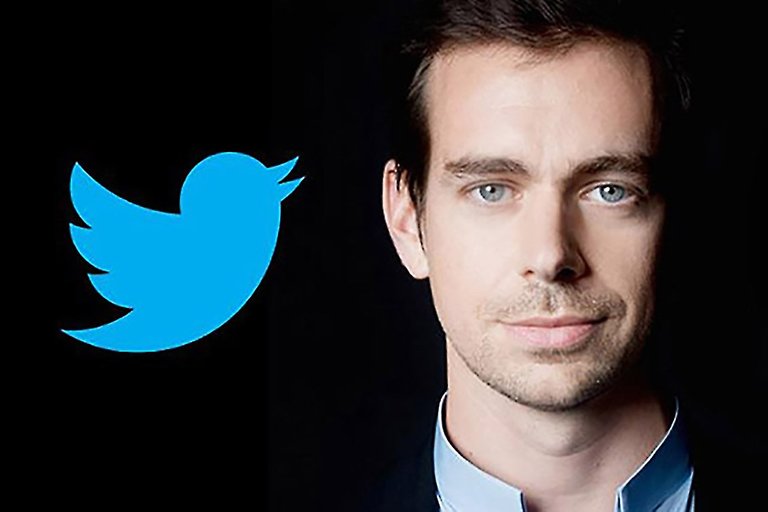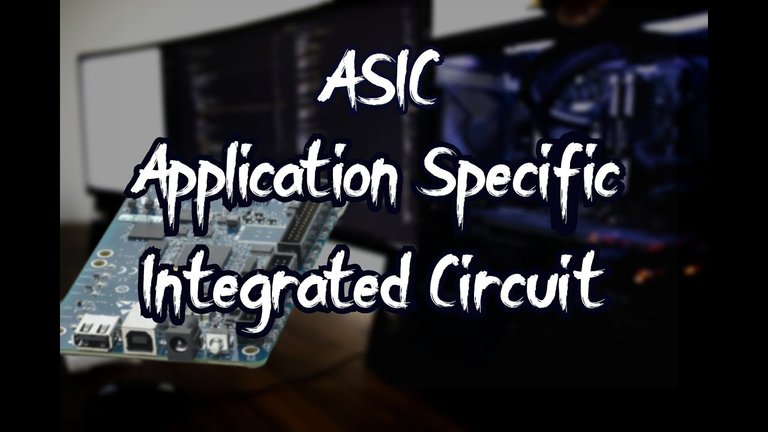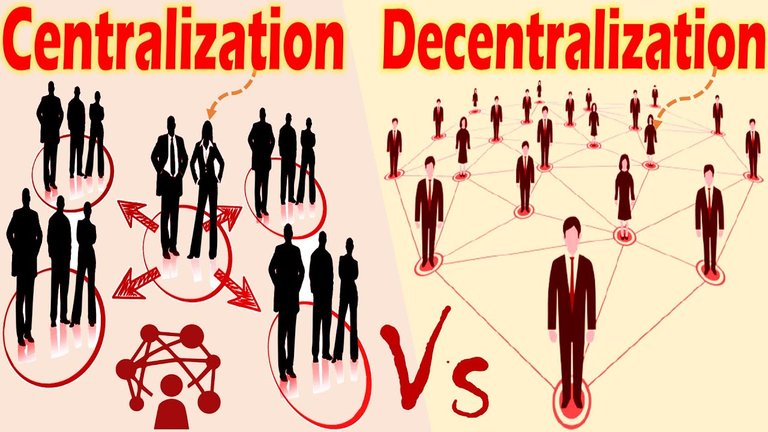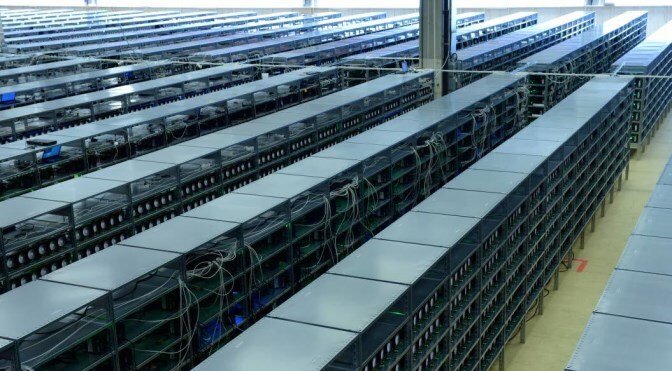
The CEO of The Block, formerly Square, has consistently emphasized the importance of fostering a collaborative approach to decentralize Bitcoin mining as much as possible. Now, the payments company founded by Twitter's founder is poised to innovate the mining world with a comprehensive system.
The Block has long been involved in providing cutting-edge solutions for validating BTC blocks and has just announced a significant technological advancement on this front.
The goal is to maximize Bitcoin's decentralization
Jack Dorsey's payment company is no longer content to work on developing a new mining chip but has announced, in a recent blog post, that it has initiated work to create an entire network of infrastructure useful for mining.

The Block has presented the results achieved so far in designing a standalone Bitcoin mining chip of three nanometers (3 nm). Additionally, it has revealed collaboration with one of the world's largest semiconductor manufacturers to complete the chip project.
In the medium to long term, the ambition is to expand the scope to include the entire mining system design. The announcement reads:
"We've spent a lot of time talking to many Bitcoin miners to identify the challenges faced by operators in this sector. Through discussion and in line with our goal of supporting mining decentralization, we plan to offer both a standalone mining chip and a complete mining system of our own design."
Block aims to decentralize hardware access

For some time, the Bitcoin community has been questioning the network's ability to maintain its stability and overcome hardware vulnerabilities.
The ASIC chips used in mining facilities mostly come from China, a country that has never concealed its hostility towards the crypto sector.
Block would like to work to bridge the gap between Li who, by mining blocks, contribute to the network's security, and the actual accessibility of the necessary resources. Decentralizing hardware means, according to Dorsey, ensuring a more equitable distribution of hashrate, the measure of competition level in the sector, and mining difficulty.

It would also address known issues such as excessive heat and noise generated by overly large facilities.
To achieve this goal, Block aims to overcome limited resource availability and constraints related to high management costs for mining platforms. The indirect consequence would also be an improvement in the user experience, with increased transaction reliability.
The fact is that the newly published announcement does not offer many details on the actual operational mode that should characterize this new mining system.
It is known that in the past, as early as 2021, Dorsey suggested using silicon to achieve a more environmentally friendly and efficient mining system. More recently, he revisited this topic, calling for more widespread use among mining facilities to improve their performance.
Bitcoin security beyond halving
Although the announcement came just days after the much-anticipated fourth Bitcoin halving, the scope of Dorsey's proposed innovation goes beyond the new token issuance phase.
Today, miner rewards have halved, as has the speed at which new tokens enter the market. Yet, according to Dorsey, more accessible and sustainable mining has an impact far beyond mere Bitcoin generation.
"Mining activity needs to be more distributed. The more decentralized it is, the more resilient the Bitcoin network becomes."
A long-time advocate for decentralizing Bitcoin mining as much as possible through an open-source approach, Dorsey believes that further decentralization of the Bitcoin network will be crucial for securely processing transactions "long after the last bitcoin is mined."
Block supports Gridless
Block's commitment to decentralization is pursued through various means. An example is that its venture capital division has funded the development of the company Gridless. This company manages Bitcoin mining powered by renewable energy sources in Kenya, Malawi, and Zambia.
Gridless has found an innovative way to power its production facilities and bring electricity to rural communities. Located near Hell's Gate National Park, it is based at the site of an extinct volcano. Here, the company uses a mobile plant to harness solar and geothermal energy.
Gridless operates six mining facilities in Kenya, Malawi, and Zambia, all connected to a network of renewable energy sources.
Bitcoin mining has been criticized for its high energy consumption, but when it manages to use renewable energy, it often can power a virtuous cycle by using previously untapped energy and reintroducing it into the production system.
Bitcoin miners act as buyers of excess energy from renewable sources. In doing so, they incentivize further development and social impact.